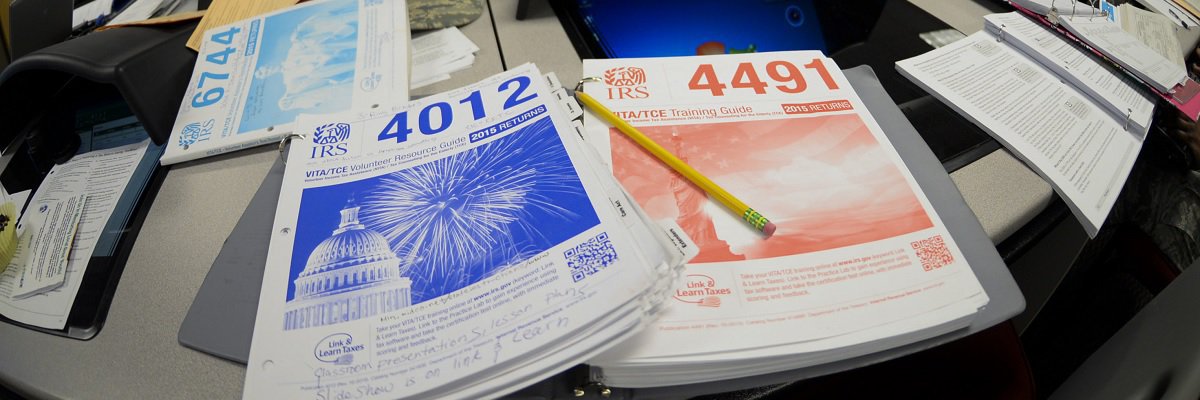In October of last year, New York Times reporter Ron Nixon wrote a piece about the U.S. Postal Service’s mail covers program, under which post office employees record a person’s snail-mail metadata — the names and addresses on the mail they receive — at the request of law enforcement.
Nixon based his article, in part, on documents received through a FOIA request — a process he documented in a companion blog post.
The very next day, I filed a FOIA request with the U.S. Postal Inspection Service for copies of the documents they’d handed over to Nixon — a variation on Jason Leopold’s trick of requesting copies of interesting documents that he finds in FOIA logs.
I was hungry for more details about the program and curious to know if there was anything Nixon hadn’t reported. But I also wanted to get in some FOIA experience with a simple, easy request. After all, I knew USPIS had the documents and that they’d been cleared for release to the public. What could be simpler?
Ah, the innocence of youth.
Earlier this week, USPIS disabused me with an impressive display bureaucratic gymnastics. They issued a Glomar denial, rejecting my request because to either confirm or deny that they released documents to Ron Nixon might violate his privacy.
That’s Ron Nixon who wrote two articles for the Paper of Record about his FOIA request then published some of the documents he received and talked about the request on PBS Newshour.
So, obviously a man who’s playing his cards close to his chest on this one.
The rejection letter itself is stunning because Glomar denials are usually the preserve of intelligence agencies like the CIA and the NSA. But it’s downright galling when you consider the subject of my request, the mail covers program.
A 2014 Office of Inspector General report found that USPIS approved 21 percent of external criminal mail covers requests without the proper written authority, and 13 percent did not have adequate justification. The report concluded that “[i]nsufficient controls over the mail covers program could … lead to public concerns over privacy of mail, and harm the Postal Service’s brand.”
Maybe we should all send our mail through Ron Nixon.
Almost three weeks ago, I submitted a request to the Internal Revenue Service for a copy of all claims of $1 billion or more submitted to the IRS Whistleblowers Office that were denied or closed without action.
On March 2, the IRS responded that it could “neither confirm nor deny the existence of any records” responsive to my request, and just in case any such records did exist, the agency cited no less than four FOIA exemptions as reasons why it would deny me access to those records.
In October of last year, attorney in the IRS Office of Chief Counsel Jane Kim sent an open letter to Treasury Secretary Jack Lew, IRS Commission John Koskinen, IRS Chief Counsel William Wilkins and several members of Congress. In it, she alleged that the IRS Whistleblowing Office seemed to be deliberately hobbled by the agency’s executives.
Kim cited three cases in which the IRS appeared to have walked away from straightforward cases with billions of dollars in uncollected corporate taxes on the line. In one case, she claims that the IRS closed an audit without asking a single question or reviewing the documents submitted by the whistleblower. In another, it accepted the corporation in question’s argument that a ‘random sampling’ of its foreign accounts should be examined instead of the specific accounts identified by the whistleblower.
In denying my request, the IRS cited FOIA section (b)(6), which states that personnel, medical and similar files are not subject to disclosure if their release would constitute a clearly unwarranted invasion of personal privacy. However, according to the Department of Justice Guide to the Freedom of Information Act, privacy interests under exemption 6 only apply to individuals and not corporations or business associations. This is doubly important because - as far as we can tell - it is exemption 6 that gives the agency the legal authority to Glomar.
Exemption (b)(7)(C) is similar. It exempts records or information compiled for law enforcement purposes, but only to the extent that this information constitutes an unwarranted invasion of personal privacy.
The IRS made an interesting decision in deciding to use exemption (b)(7)(D). This statute again exempts records or information compiled for law enforcement purposes, but this time to the extent that the release of these documents could reasonably be expected to disclose the identity of a confidential source. Presumably, the IRS Whistleblowing Office at least occasionally communicates with the corporations that it is investigating, and it would have to do so without giving away the identity of its sources. Surely anything that the subject of the investigation can be trusted with could also be released to the public without endangering the source.
Finally, as if for good measure, the IRS cited exemption (b)(3), which simply exempts anything specifically exempted by another law. Here, it cited IRS Codes 6013(a) and (e)(7), which both seem to exempt tax returns. Fair enough - don’t give us the tax returns. They aren’t what I asked for anyway.
Image by LCpl Jerrick Griffin via Wikimedia Commons




